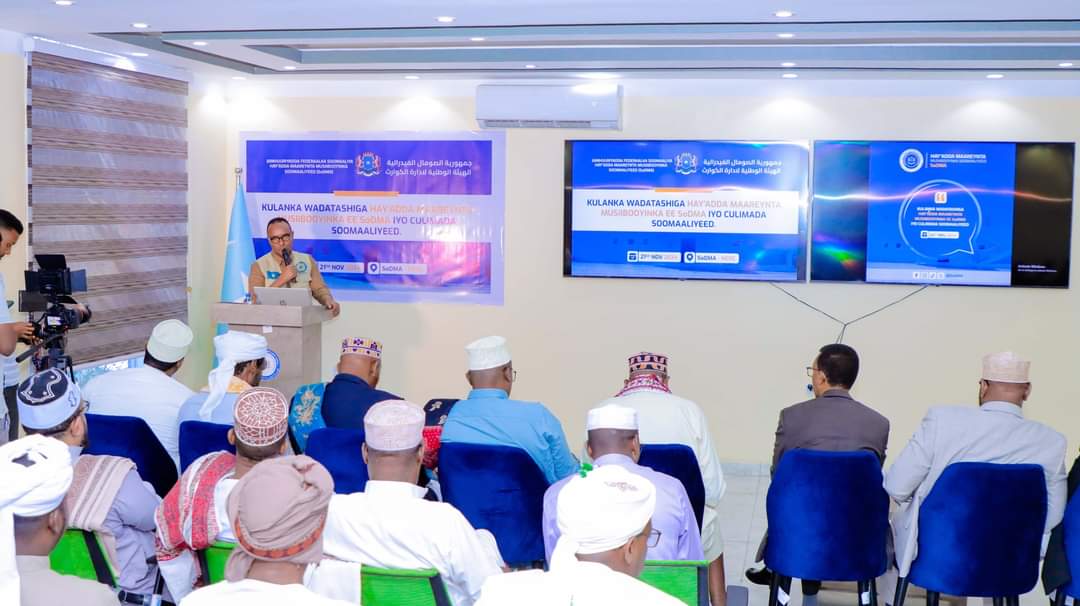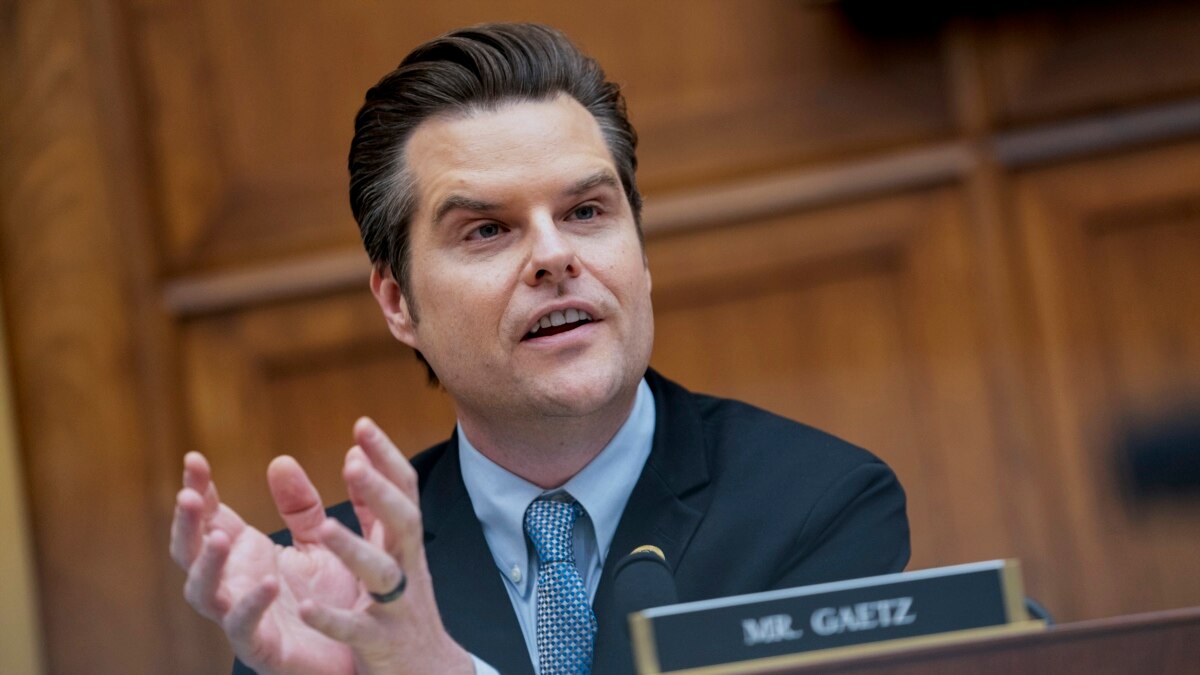The Azerbaijan COP29 team charged with leading this year’s global UN climate talks helped facilitate discussions about fossil fuel deals at the annual conference, an undercover investigation by Global Witness can reveal.
Global Witness posed as a fake oil and gas group hoping to invest in the Azerbaijani fossil fuel sector and sponsor COP29. The undercover team was granted access to the heart of this year’s UN event – including Elnur Soltanov, Azerbaijan’s deputy energy minister and CEO of the COP29 talks.
It marks the second consecutive COP climate conference in which the national presidency has soughtto use the talks to further fossil fuel interests, following similar revelations about the UAE presidency at COP28 last year. Today’s findings raise urgent questions about the functioning and oversight of the planet’s primary forum for navigating the climate crisis.
During the investigation, COP29 officials:
- Touted opportunities to invest in Azerbaijani gas and introduced the fake investor to a senior executive at national oil and gas company SOCAR to facilitate investment discussions at the COP29 summit as part of sponsorship negotiations.
- Sought to announce the fake investor as an official COP29 sponsor after agreeing to drop requirements for sustainability or climate commitments.
- Provided access to Azerbaijan’s deputy energy minister who described an energy future which includes fossil fuels – “perhaps forever”.
Throughout its interaction with the COP29 team, fake investor EC Capital presented itself as an oil and gas specialist interested in investing in SOCAR and sponsoring COP29.
In an apparent breach of UN standards, both COP29 CEO Elnur Soltanov and other officials committed to introducing EC Capital to SOCAR with the explicit purpose of discussing oil and gas investments.
The UN body which oversees the COP process, the UNFCCC, says on its website that COP officials should not use their roles “to seek private gain” and expects them to act “without self-interest” .
A spokesperson for Global Witness said:
“COP29 officials abused their positions by facilitating talks about oil and gas deals at a climate conference, pitching a dystopian future which includes fossil fuels ‘perhaps forever’.
Petrostates are perfecting a sinister playbook which sees COP as just another business opportunity for polluters.”
According to the COP29 website, COP sponsors are required to pledge cutting their emissions as part of the UNFCCC’s Race to Zero program. Companies can also sign a “National Pledge” and promise to come up with a “credible net-zero transition plan” at some point over the next two years.
But in sponsorship contract negotiations with EC Capital, the COP29 team waived any climate or sustainability requirements, and after some back and forth even added a new clause which committed to granting EC Capital “meeting opportunities with key local stakeholders from the energy sector at COP29.”
On a call with EC Capital, Elnur Soltanov pitched Azerbaijan as a growing gas producer, advertised “gas fields that are to be developed” and touted SOCAR’s trading arm which is “trading oil and gas, all over the world, including in Asia”. Soltanov also claimed that even if the world gets to net-zero, “we will have a certain amount of oil and natural gas being produced, perhaps forever.”
Soltanov offered to arrange discussions about investment in the country’s oil and gas sector. He promised “to create a contact between yourself and [SOCAR]… so that they can start discussions.”
He suggested that EC Capital “incorporate your activities with SOCAR’s activity during COP, so that you can… talk business to them and also participate in the COP29 process”.
Following the call with Soltanov, EC Capital received an introduction to Elshad Nassirov, Vice President at SOCAR, who expressed an interest in meeting with EC Capital in Baku.
Global Witness made multiple approaches for comment to the COP29 team, SOCAR and UNFCCC in relation to today’s findings.
Neither the COP29 team or SOCAR – both directly linked to the Azerbaijan state – made any attempt to communicate with Global Witness.
Azerbaijani media did, however, publish a story based on “reliable sources” several days ahead of this investigation which corroborated the sequence of events but said that facilitating discussions about fossil fuel investments at COP29 is not a conflict of interest.
The UNFCCC declined to send Global Witness any comment on the points raised in this investigation. However, in an email the UNFCCC did say that this investigation does not refer to activities covered by the Code of Conduct for UNFCCC Events – a distinct set of guidance to the Code of Ethics for COP officials which Global Witness had cited.
Separately, in response to a BBC report on this investigation, the UNFCCC told the BBC that “…the [UNFCCC] secretariat has the same rigorous standards every year, reflecting the importance of impartiality on the part of all presiding officers. Given the spiraling human and economic costs of the global climate crisis in every country, we are very focused on COP29 delivering ambitious and concrete outcomes.”
A spokesperson for Global Witness said:
“The UNFCCC urgently needs to act to clean up the COP climate talks, starting by banning the fossil fuel industry from sponsoring them, and kicking their lobbyists out for good.
We’ve had 29 talks with an ever-growing crowd of polluters and snake-oil salesmen present. Let’s try the next one without”.
Today’s revelations contribute to a growing body of evidence that the COP process is now seen by some as an arena for new fossil fuel business – and that efforts by the UNFCCC to safeguard COP from conflicts of interest have not worked.
Last year, leaked talking points obtained by the Centre for Climate Reporting revealed that COP28 Sultan Al Jaber planned to use meetings to push deals for his oil firm ADNOC.
Al Jaber vehemently denied the allegations, saying he had never seen nor used the talking points.
But months later, a Global Witness investigation revealed that ADNOC had sought more than $100 billion in oil deals in 2023, a five-fold increase on the previous year.









